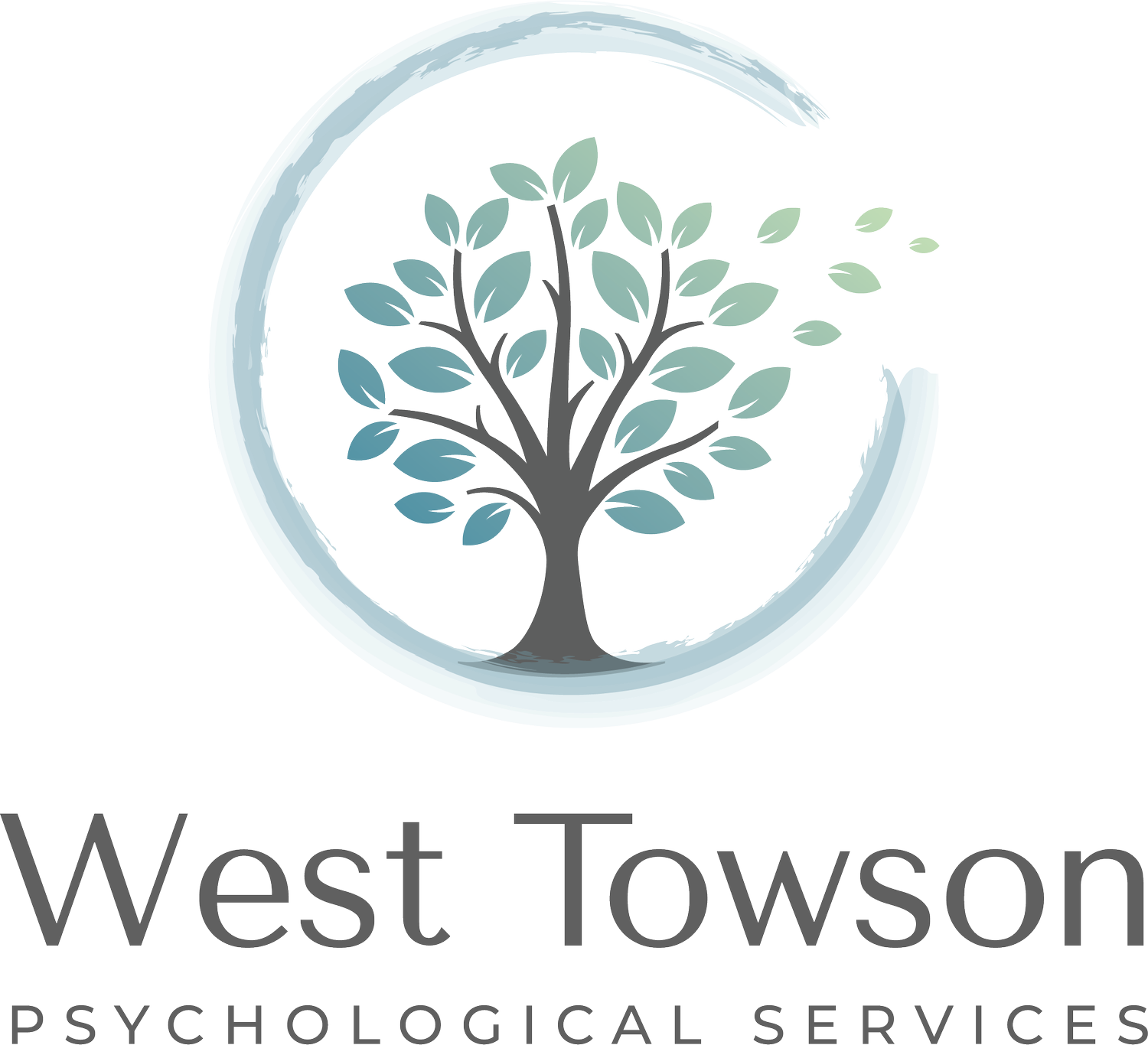
We provide individualized therapy, psychoeducational evaluations, and parenting support.
Individual Therapy
We cannot stress enough how important it is to find the right fit between therapist and client.
When working with children and adolescents, we like to meet first with parents in order to gather information and ensure that we will be a good fit to provide services needed to meet treatment goals.
If therapy is begun, we will decide in collaboration with you what type of therapy is most helpful to meet your needs or the needs of your family. We integrate a number of theories and techniques to conceptualize problems and develop a treatment plan. We rely most heavily on evidence-based treatment modalities, including Cognitive Behavioral Therapy (CBT), Dialectical Behavior Therapy (DBT), and Acceptance and Commitment Therapy (ACT). These frameworks help build emotional awareness, improve coping skills, and promote lasting growth.
We will then schedule appointments with a recommended duration and frequency. We welcome feedback about the progress you or your child is making and strive to adjust as needed in order to ensure that therapeutic goals are met.
The following are a list of difficulties a child, adolescent, or young adult might have and for which a family might seek our services:
Anxiety, including Obsessive Compulsive Disorder
Mood concerns, including Depression
Self-Esteem & Identity Development
Coping and adjustment to life stressors, including divorce
School Avoidance & Academic Stress
Attention concerns & Executive Functioning difficulties
Emotion Regulation & Behavioral Challenges
We also identify as a gender affirming therapists and LGBTQ+ allies.
Psychoeducational Assessment
Getting a psychoeducational assessment can be a valuable tool in identifying strengths, weaknesses, and any learning concerns that may be affecting a child’s education.
These types of assessments are particularly useful when a child is having problems in school or there is concern for how a child is learning. An assessment involves a number of meetings, including a parent intake session to gather background information, two student testing sessions, and a parent feedback session. With parent permission, we also consult with school teams and treatment professionals for additional information.
After all assessment data is gathered, a comprehensive written report detailing assessment results, conclusions, and recommendations, is provided during a feedback session.
The following are a list of difficulties a child or adolescent might have and for which a family might seek our assessment services:
Learning concerns, including academic difficulties in reading, writing or mathematics
Attention difficulties, including Attention-Deficit/Hyperactivity Disorder (AD/HD)
Executive Functioning concerns
Language or processing difficulties
Anxiety
Obsessive Compulsive Disorder
Selective Mutism
Mood concerns, including Depression
Please note that we do not provide assessment services for diagnosing Autism Spectrum Disorder, for forensic issues, or for court proceedings (e.g., custody evaluations).
Parenting Support
Parenting is one of life’s most rewarding roles—but it can also be one of the most challenging.
Whether you're navigating toddler tantrums, school-age struggles, or the emotional complexity of raising teens, every stage brings its own set of concerns. The good news? You don’t have to do it alone.
We can provide you with practical tools, emotional guidance, and a fresh perspective to help you parent with greater confidence and clarity. Learn strategies to improve how you communicate with your child, manage conflict, and set clear, respectful boundaries—without power struggles or constant frustration. We can also help you manage stress, anxiety, and feelings of overwhelm so you can stay calm, focused, and present with your child.
Dr. Gorman is also trained in SPACE (https://www.spacetreatment.net/), which is an evidence-based parent intervention program for children and adolescents with anxiety, obsessive compulsive disorder, and other related difficulties.
